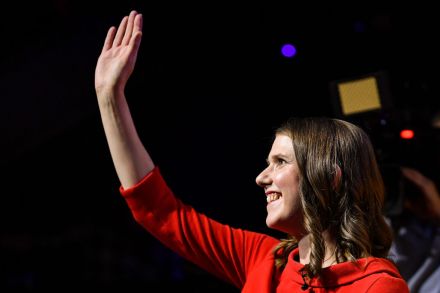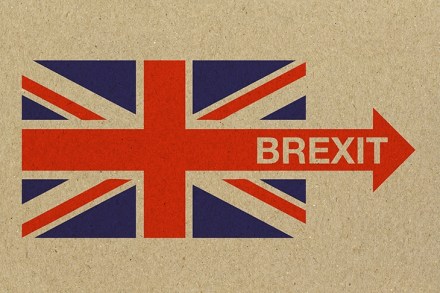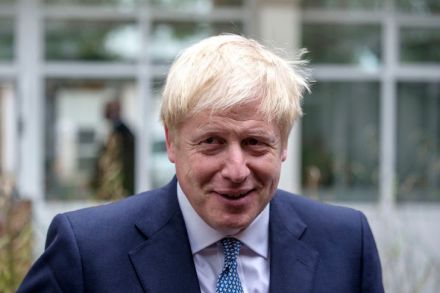The Remain alliance that could spoil Boris Johnson’s party
What George Orwell said of left-wing intellectuals now applies to Boris Johnson and his ministers: so much of what they propose is a ‘playing with fire by people who don’t even know that fire is hot’. They may suspend Parliament and crash us out of the EU on 31 October or crash us out in the middle of an election campaign. Understandably, all the talk is of the threat to the conventions of democratic life. Yet if Johnson does not buckle, the autumn will not just bring a constitutional crisis but an economic and social crisis. No one knows how bad crashing out will be because no country has been




















